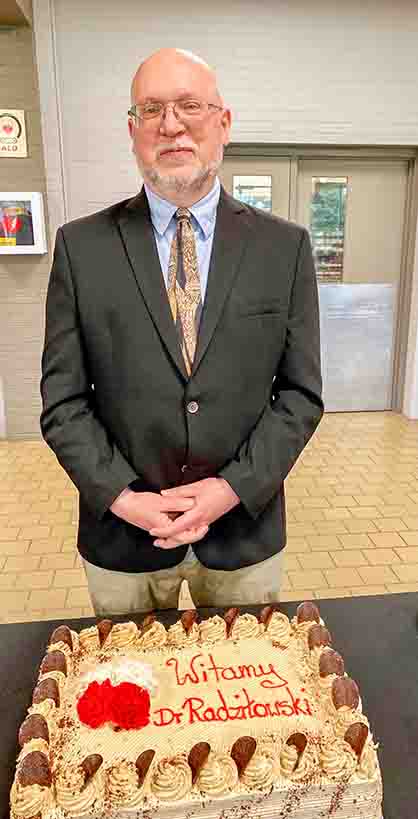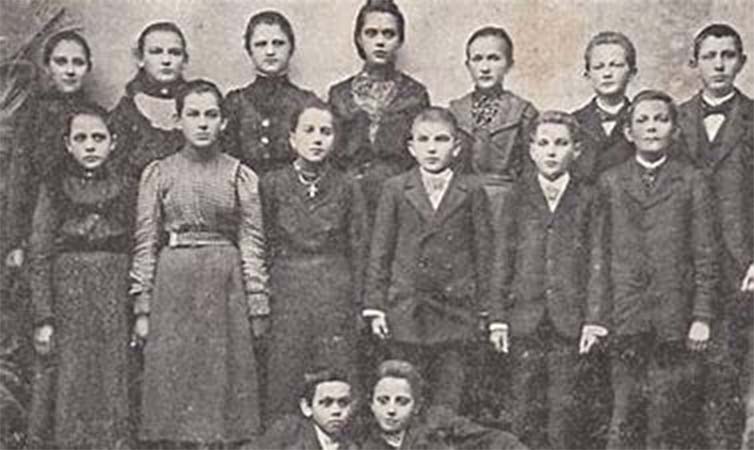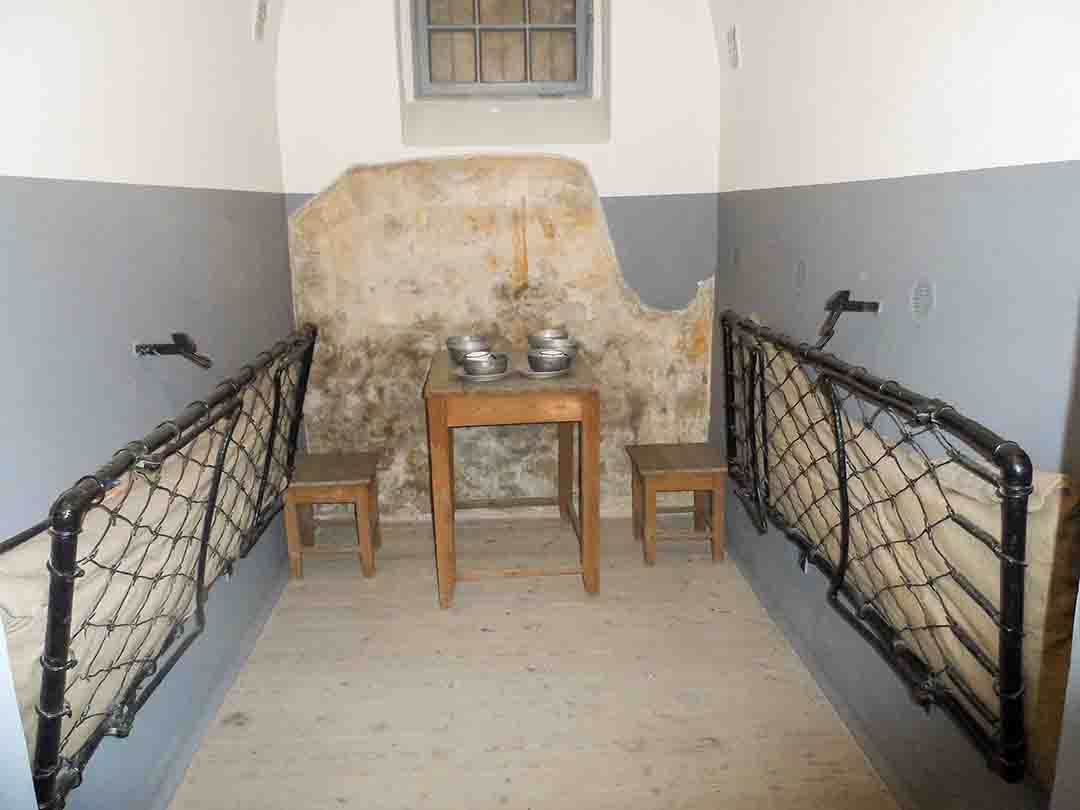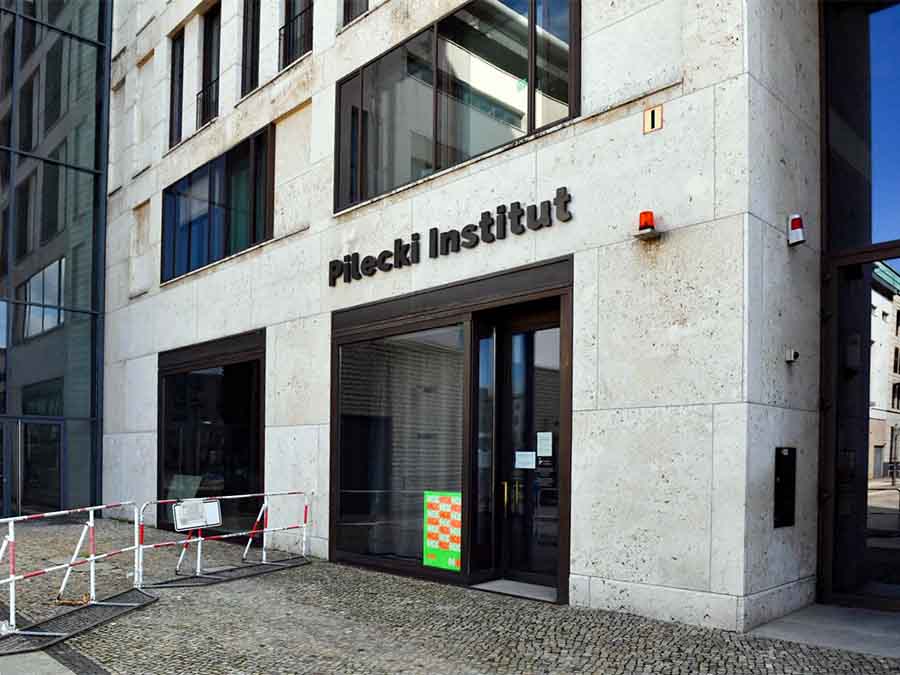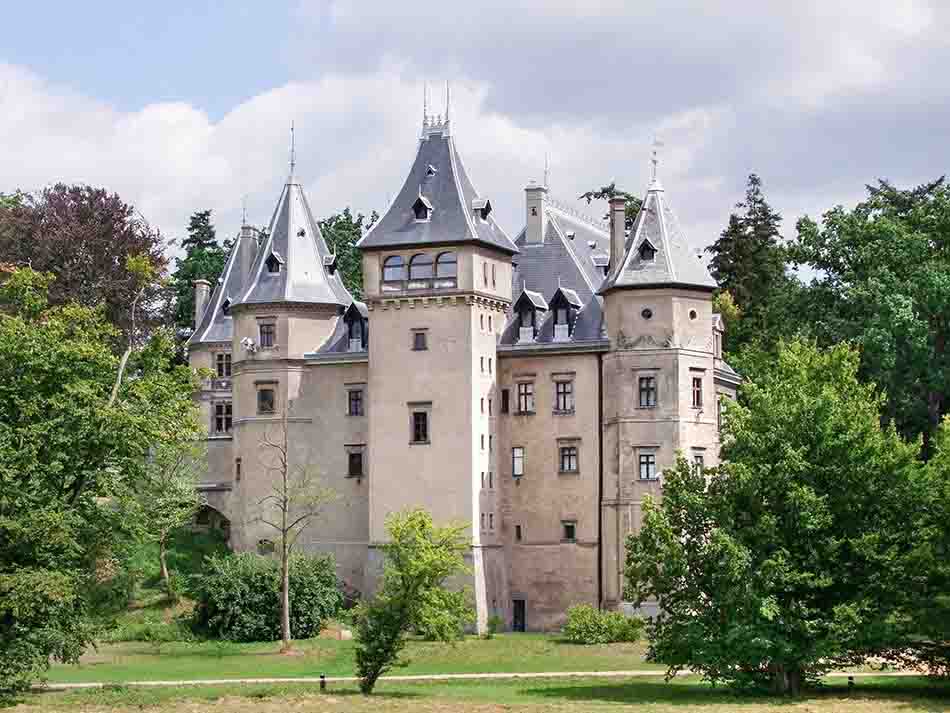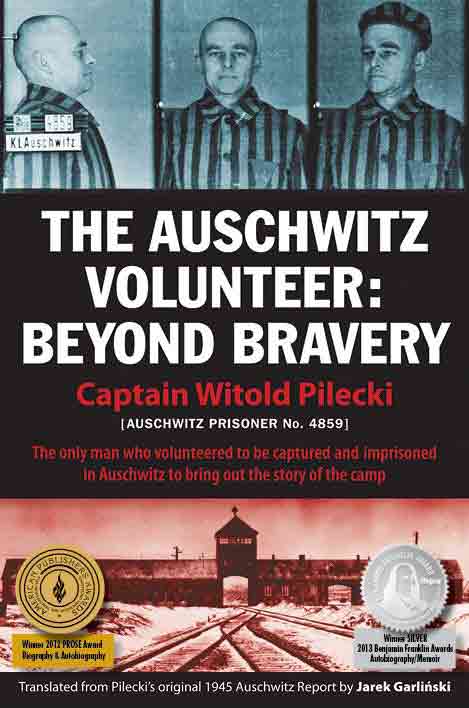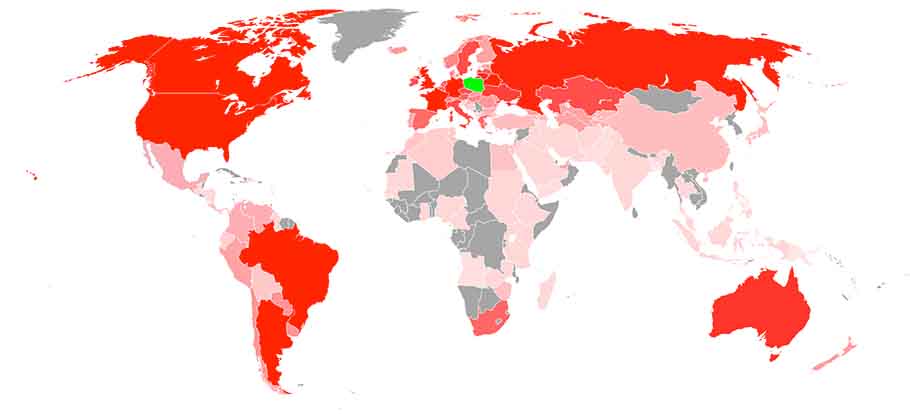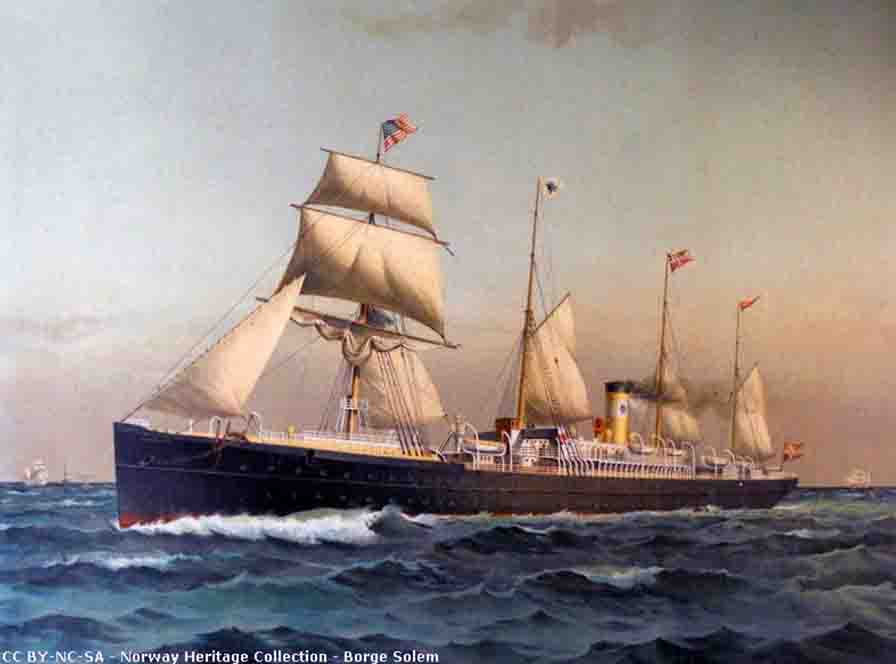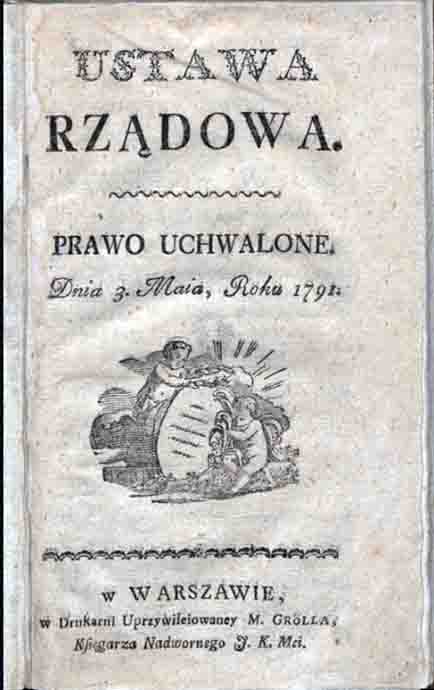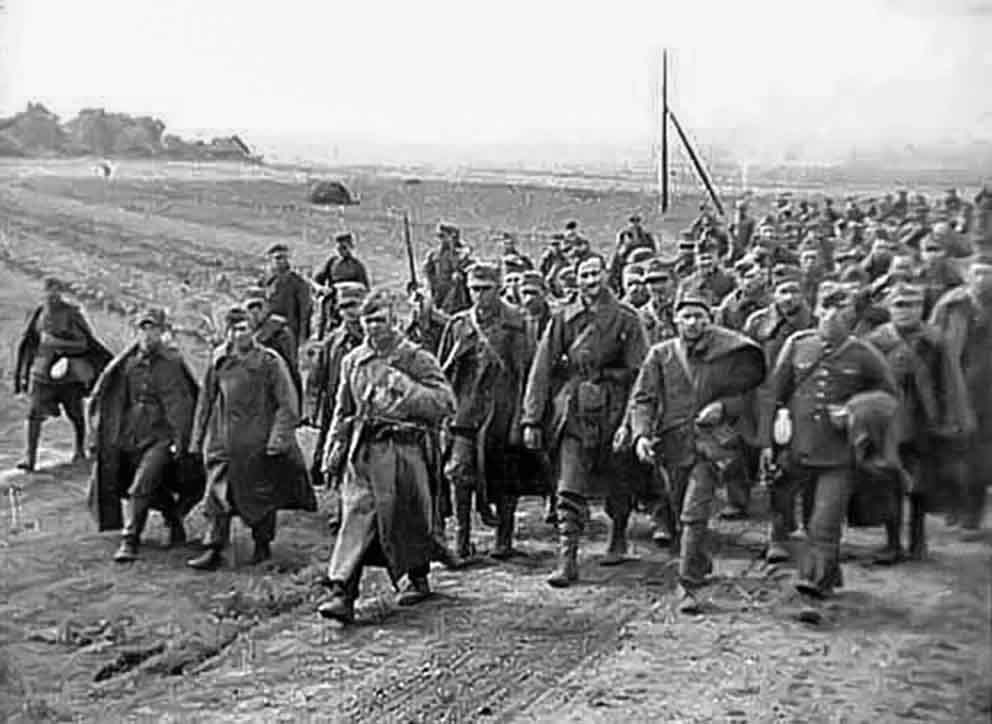The Polish Institute of Culture and Research at Orchard Lake is a not-for-profit organization that serves the Polish American community, regionally and nationally, as a center for Polish and Polish American culture and research. As part of the Orchard Lake Schools and rooted in the teaching and faith of the Catholic Church, the Institute is part of an ancient, living tradition of Polish and Polish American culture and serves as center for research and cultural activity for people from throughout its region, across North America, and around the world.
Read more...From the beginning of the partitions of Poland, the invaders tried to Germanize and Russify the Poles by all means. One of the basic methods was to fight the Polish language. In schools, students were subject to corporal punishment for using the Polish language during breaks between lessons, and their parents were fined.
Read more...Pawiak is a prison in Warsaw that no longer exists, which was built by the Russians in the years 1829–35. The building is situated between Dzielna and Pawia streets (hence the name) in Warsaw,
Read more...In this well-researched historical novel, Bogdan Kotnis chronicles the young life of Pulaski, who offered his services to George Washington and emerged as a brave soldier, demanding commander, and brilliant leader. These qualities earned him the title of "The Father of the American Cavalry" and a congressional appointment as Brigadier General and commander of his cavalry regiment.
Read more...May 25 this year is the 74th anniversary of the death of Captain Pilecki in the Mokotów prison.
Read more...Gołuchów Castle is an early Renaissance, multi-story brick castle, with towers in each corner, built in 1550-1560 on a square plan for Rafał Leszczyński.
Read more...PACIM (Polish American Cultural Institute of Minnesota) sent me an unsolicited e-mail announcing the showing of the Death of Captain Pilecki at a small neighborhood movie theater. It piqued my interest. Little did I know by attending that I would be drawn by its message to act. Prior to and after the showing, Marek Probosz spoke and took questions.
Read more...On May 18, 1944, at dawn, the world heard the news, which — as Polish patriotic commentary — was accompanied by the song "Red Poppies at Monte Cassino". The author of the words was Feliks Konarski "Ref-Ren" — a poet and soldier of the 2nd Corps of General Władysław Anders — and the composer of music was Alfred Schütz — a conductor and member of the Polish Soldier Theater stationed in Compobasso, near Monte Cassino.
Read more...About 20 million people of Polish origin live outside Poland. These are people who left the country or were born outside of Poland, but show attachment to Polish origin and ties with the Polish culture.
Read more...On Tuesday, March 10, 1891, sixteen-year-old Michal Grochowski stepped aboard the steamship SS America at Bremerhaven (Bremen), Germany. Michal had never seen a ship in person, nor had he ever laid eyes on the ocean. He had spent his entire life in the farmsteads of rural Łobżenica, Poland, about 40 miles west of present-day Bydgoszcz.
Read more...The first constitution of the modern world was the United States Constitution, which entered into force on March 4, 1789. The second, and the first in Europe, was the Polish Basic Law announced on May 3, 1791 at the Royal Castle in Warsaw, today known as the Constitution of May 3. This piece of legislation — and its consequences — have a complicated but noteworthy history.
The May 3 Constitution Day celebration will be held on Monday, May 2, 2022 at the Polish Center of Wisconsin.
Read more...Wojciech Materski
Although Russia has officially acknowledged the perpetration of the Katyn massacre, this truth is virtually absent from Russian historiography today. For it does not fit into the myth of the great victory of the war, any more than the Hitler-Stalin pact of 1939, the mass deportations, the enslavement of the Baltic republics, or the colossal scale of the Red Army's marauding in the final phase of the Second World War.
Read more...


